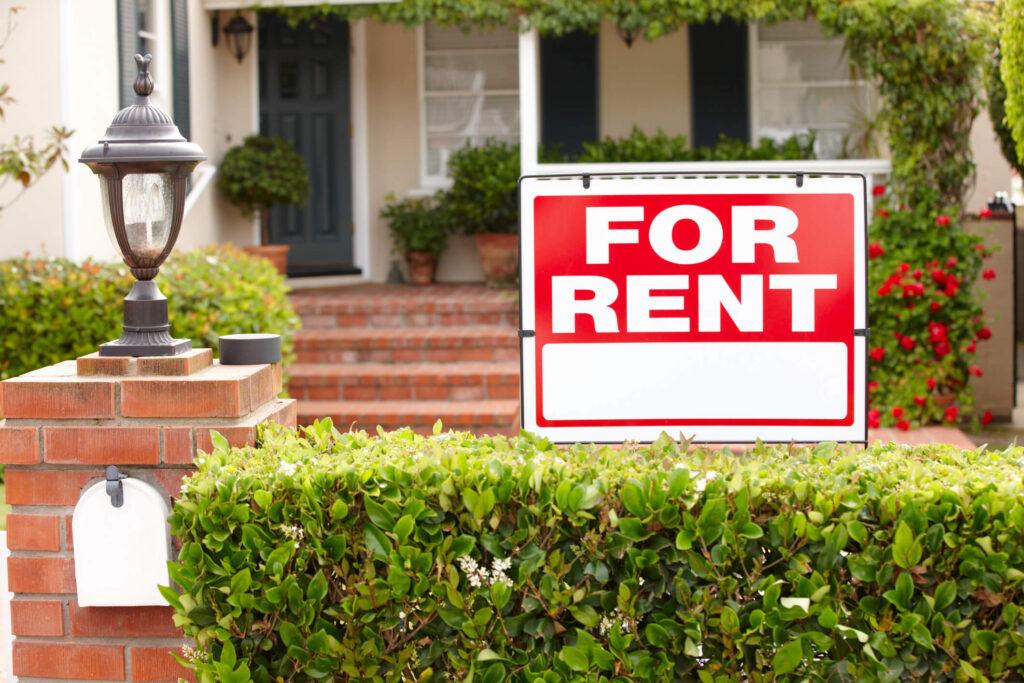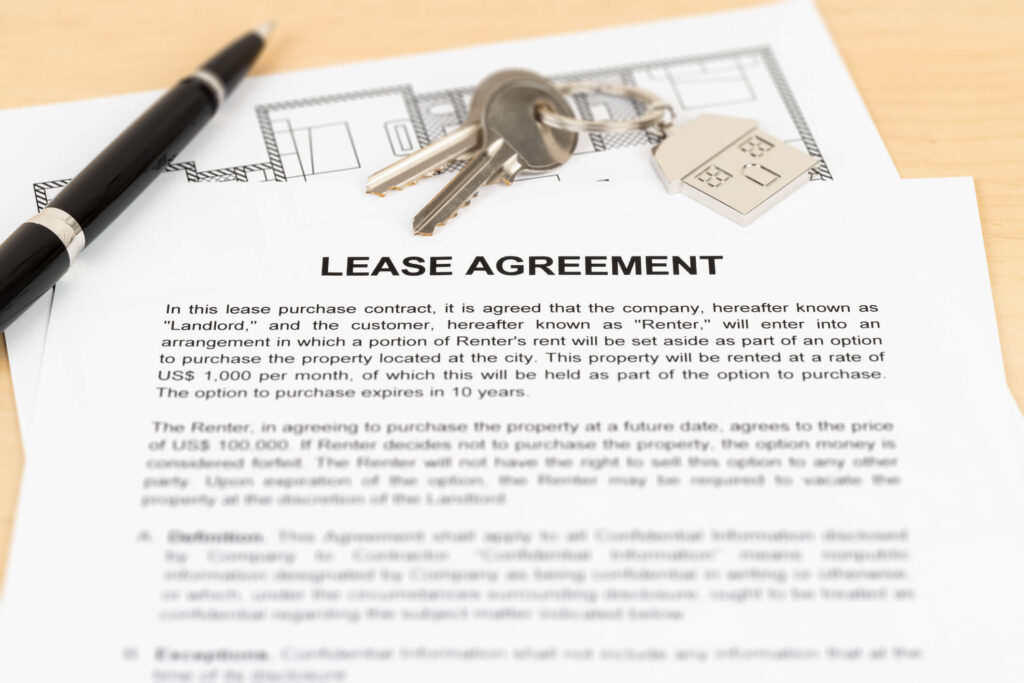
Becoming a landlord in Phoenix takes more than buying a property and renting it out. You have to set the rental price, find a quality tenant, and get them to sign a lease. Then, you have to collect rent every month, be responsive to your tenants, perform repairs, and keep the property up to standards.
Seems like a lot of work, right? So then why do people want to become landlords in the first place? Because it’s well worth the effort financially and offers a wide range of benefits that go beyond getting a rent check every month.
Before we go over the 8 steps to becoming a landlord in Phoenix, let’s look at some of the benefits of becoming one.
Benefits of Becoming a Landlord in Phoenix
Owning rental property offers both short-term and long-term benefits. You can create a source of positive cash flow now while building equity that can be an additional source of income in the future.
Extra Source of Income
One of the main benefits of becoming a landlord is the potential for additional income. Rent collected from tenants can provide a steady stream of passive income each month. Depending on your situation or goals as a property investor, this could either supplement your income or become your primary source of it.
Tax Deductions for Landlords
Owning rental property is a great way to deduct expenses from your overall taxable income. Landlords are able to deduct mortgage interest, property taxes, repairs and maintenance costs, travel costs, and depreciation. A rental property is essentially a small business and can get many of the same tax breaks.
Increase in Property Value
Though the market can fluctuate in the short term, chances are that the value of your property will increase over the long run. Many landlords purchase a rental property with the intention of selling it in the future. In the meantime, they collect rent from tenants that can cover the mortgage.
Create Your Own Schedule
Being a full-time landlord offers a lot of flexibility in terms of not being stuck in a regular 9-5. If you have the right property management systems in place, you can manage your properties from anywhere. When you own rental properties in Phoenix, you could generate income while on vacation!
8 Steps to Becoming a Landlord in Phoenix
Of course, running a rental property business also comes with responsibilities in addition to the benefits. There are landlord-tenant laws you must adhere to and licenses and permits to obtain. Then you have the obligation to provide a habitable residence as long as you have tenants living in your property.
Again, when done right, owning rental properties is an incredibly smart decision that will likely pay off big financially. Here are the steps to becoming a landlord in Phoenix:
1. Familiarize yourself with landlord-tenant laws:
Phoenix, Arizona has specific laws and regulations that landlords must follow. You should research and understand landlord-tenant laws and fair housing regulations before becoming a landlord to ensure that you comply with them.
2. Obtain necessary licenses and permits:
In Phoenix, landlords are required to obtain a business license and a residential rental license from the City of Phoenix. You can obtain these licenses by completing an application and paying the required fees (under $100). Some landlords create an LLC.
3. Find a property to rent out:
This is easier said than done, especially if you’re an accidental landlord or brand-new property investor. It’s important to consult with other Phoenix landlords or talk to a local property management company for a FREE rental analysis of a property you’re considering.
4. Prepare the property for tenants:
Before renting out the property, you should ensure that it is in good condition and meets all safety requirements. This is also an opportunity to make upgrades and improvements that can help you charge more for rent.
5. Set rental terms and advertise the property:
You should establish rental terms, such as the rent amount, security deposit, and lease duration. Once you have established these terms, you can advertise the property through various channels, such as online listings, social media, and word of mouth.
6. Screen potential tenants:
Once you have received inquiries from potential tenants, you should conduct a background check and credit check to ensure that they are reliable and able to pay rent on time. A thorough tenant screening process is crucial to your success.

7. Sign a lease agreement:
After finding a suitable tenant, you should draft a lease agreement that outlines the rental terms and conditions. There are lease templates available online, but you should consult with a lawyer to cover all your bases. Both you and the tenant should sign the lease agreement to make it legally binding.
8. Collect rent and manage the property:
Once the tenant has moved in, you should collect rent every month and address any maintenance issues that may arise. You can either manage the property yourself or hire a property management company to handle these tasks for you.
Professional Property Management in Phoenix
Getting all the benefits of owning rental property depends on how it’s managed. Buying a property and placing tenants is only the beginning. You must also collect rent every month, respond to maintenance requests, and deal with possible disputes with tenants.
That’s why most experienced landlords use a property management company to handle all the day-to-day tasks of being a landlord in Phoenix. Brewer & Stratton Property Management has been helping Phoenix rental property owners maximize their income for over a decade.
We’re here to help with everything from property valuation to collecting rent to 24/7 emergency maintenance and tenant management. Contact us today if you have any questions about becoming a landlord in Phoenix.
Or, keep learning about owning rental property by checking out this blog on what’s included in a rental property analysis.
